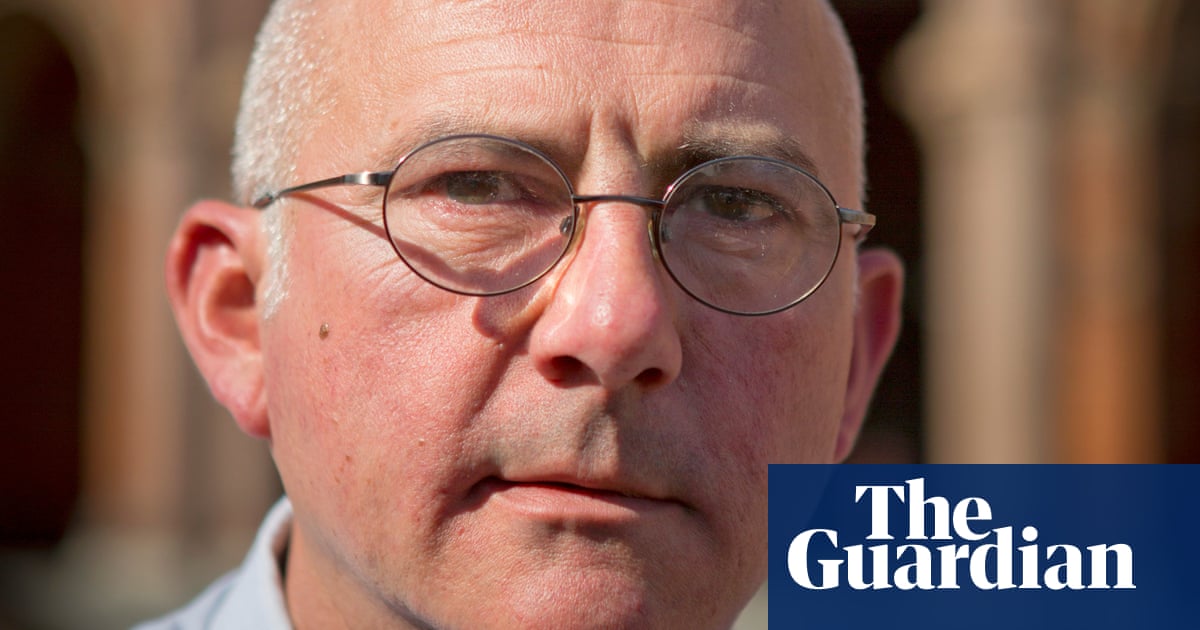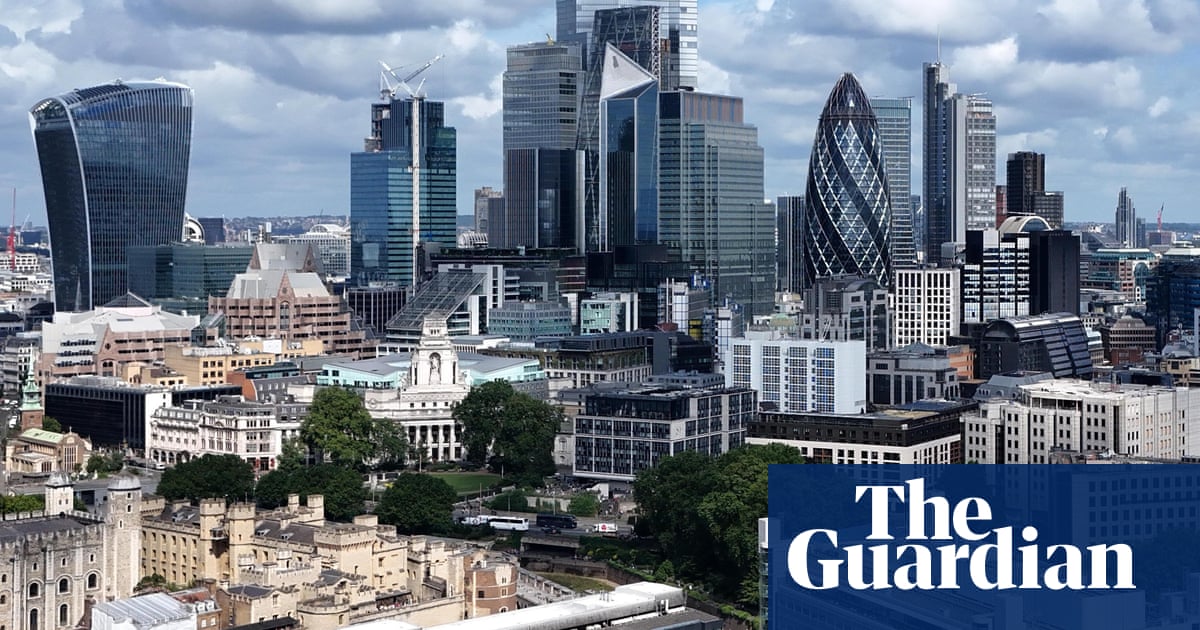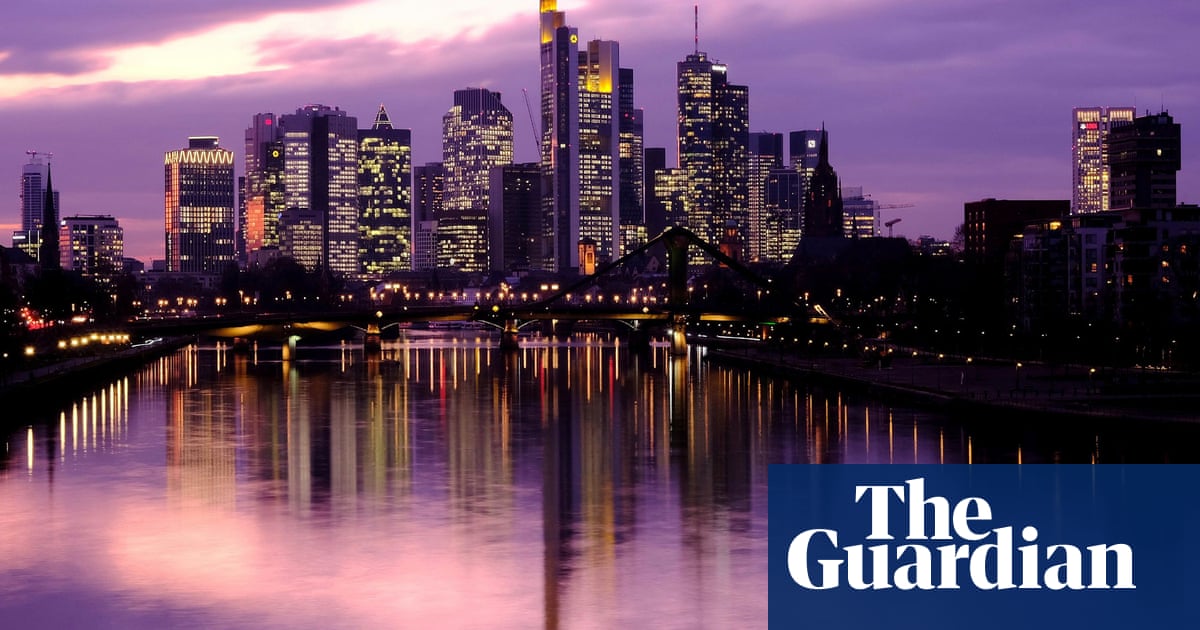Burning vegetation on deep peat will be banned under government plans to protect nature and reduce carbon emissions.
Vegetation on peatland is often burned to create habitat for grouse, which like to feed on the fresh shoots of new plants that grow after the burn. This increases the number of birds available to be shot for sport.
But, in part as a result of burning, 80% of England’s peatlands are now degraded. These rare habitats store carbon when they are in good condition, ‘locking in’ an estimated 3.2 billion tonnes in the UK alone. But, when they dry out from burning or draining, they emit rather than store carbon. Burning the peat can also kill wildlife, such as adders, toads, and ground-nesting birds.
The previous Conservative government announced rules to ban the burning of some peatland areas. But experts argued the rules were not fit for purpose and left precious habitats and carbon sinks vulnerable to destruction.
The legislation banned the burning of vegetation on areas of deep peat (more than 40cm depth) on a site of special scientific interest (SSSI) that is also a special area of conservation or a special protection area unless a licence has been granted or the land is steep or rocky. This left many areas of deep peat unprotected. Countryside groups complained at the time that the government was “attacking grouse shooting” and the Countryside Alliance has lobbied against a ban.
Labour’s plans tighten the legislation, counting 30cm of peat as deep peat rather than 40cm, and they would protect all deep peat rather than only that in SSSIs. These changes would increase the area currently protected from 222,000 to more than 368,000 hectares of England’s total 677,250 hectares of deep peat. The approach is being supported by evidence provided by Natural England. Any prescribed burning would need to be carried out under strict licence, issued where there is a clear need; for example, to reduce wildfire risk.
Nature minister Mary Creagh said: “Our peatlands are this country’s Amazon rainforest – home to our most precious wildlife, storing carbon and reducing flooding risk.
“The UK has 13% of the world’s blanket bog. A rare global habitat, it is a precious part of our national heritage, and that is why we’re announcing a consultation on these measures, to ensure deep peat is better protected.
“These changes will benefit communities by improving air and water quality, and protect homes and businesses from flood damage, which supports economic stability and security under our plan for change.”
after newsletter promotion
The Department for Environment, Food and Rural Affairs (Defra) said there will be a consultation before the changes to the law take place, and the views of landowners will be taken into account.
Defra also announced today that 1,000 flood schemes will be built or repaired this year to protect thousands of homes and businesses from the dangers of flooding. The number of schemes for 2026/27 will be decided in June’s spending review. Flagship schemes to receive funding include projects in Derbyshire, North Portsea Island, Preston and South Ribble, Poole Bridge, Benacre and Kessingland.

.png) 1 month ago
35
1 month ago
35

















































